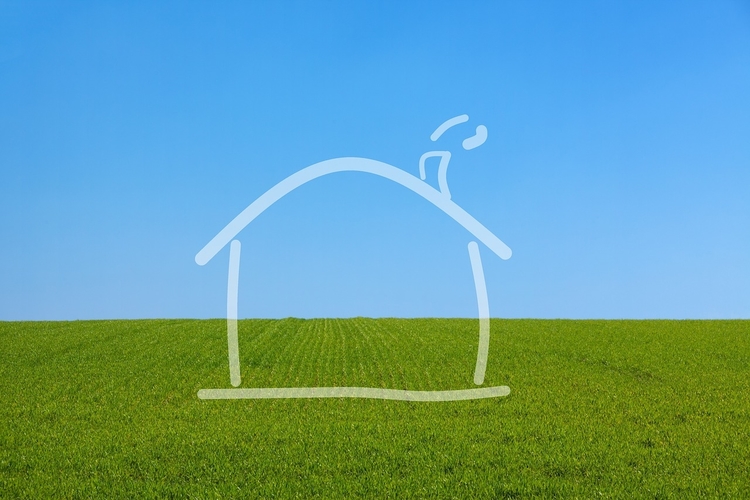Owning real estate is one of the most significant — and expensive — investments most people will ever make.
Though many prospective homeowners choose to live in an existing house or purchase from a planned development, buying land and building a house can be an incredibly exciting opportunity. Before you decide if building a house is right for you, consider what you will need when constructing your new home.
Preparing for construction
Setting a plan
In order to build a home, you will first need to set a clear plan. Selecting architectural designs for the house and the location of its construction are the two biggest decisions you will have to make and will determine much of the construction costs.
Broadly speaking, architectural plans fall into two categories: custom and prepared. Prepared plans are designs that a construction company already has on record and (likely) has experience building. These plans often have modular options, allowing buyers to mix components from different sample floorplans into their house. Because these homes use approved designs and building materials, the planning process and construction is usually faster and cheaper than a fully customized home.
While they typically take longer to build and require paying for a designer, custom homes are truly unique buildings with limitless design options. While many people want a custom home, it’s best to first check the huge variety offered by prepared and modular blueprints; the extra money spent on custom designs might not be necessary.
Selecting and buying a plot of land
Selecting a plot of land to build on will vary for each person or family, depending on both lifestyle preferences and budget. Suburban plots of land will likely cost more than their rural counterparts, and states with higher standards of living will also result in a higher price range.
While this will vary considerably depending upon where you are buying the land, as well as how large the plot is, be sure to factor in how much it will cost to buy the plot of land. In some areas where owning land is in high demand, the land itself may be worth much more than the eventual cost of building the house. In less in-demand areas, the construction of the house will likely exceed the cost of buying the land.
Hiring personnel
Once you have a design in place, hire contractors, inspectors, and construction personnel to help build your home. It is imperative to have your plans and budget in place before proceeding, as some lenders require this information in order to move forward.
Getting a loan
As stated earlier, to get a loan for the construction process, everything pertaining to building the home must be mapped out. Architectural plans, a construction timeline and a realistic budget estimate is required to apply for a loan.
It is important to note that due to the high risk of a construction project, interest rates on these loans are often higher than on regular mortgage loans. Additionally, construction loans are often far more complex than regular mortgages. Exact prerequisites and loan specifications will vary depending on your credit score and the bank from which you seek the loan.
Obtaining a permit
Before you break ground on your new home, be sure you obtain a permit to start construction. Check with your local government offices to file for the ability to begin construction on your house, as well as the conditions and cost of the permit.
The Risks of Building Your Own Home
Sunken costs
When purchasing property and building a home from the ground up, it is possible that the total cost will exceed the resale value, especially if the home is sold shortly after construction. Be wary that the luxury of building your own house may come at the cost of losing capital upon selling your property.
Excess
Excessive size and unnecessarily high-tech additions will add to the cost of a project that is already likely to be very expensive. Be sure not to go overboard and stretch your budget. This may be vital in sticking to the approximate cost you quoted on your loan as well.
Difficulty reselling
Compounded with the average amount of time it takes to move an “average” house, it may take longer to sell your house if it is expensive and highly personalized.
Going over budget
If your construction project runs into issues, you might incur a larger budget than you initially anticipated. With potential shortages in labor, weather delays and other issues, delays are very possible. Make sure you incorporate wiggle room in your budget in the event of unforeseen expenses and delays.


